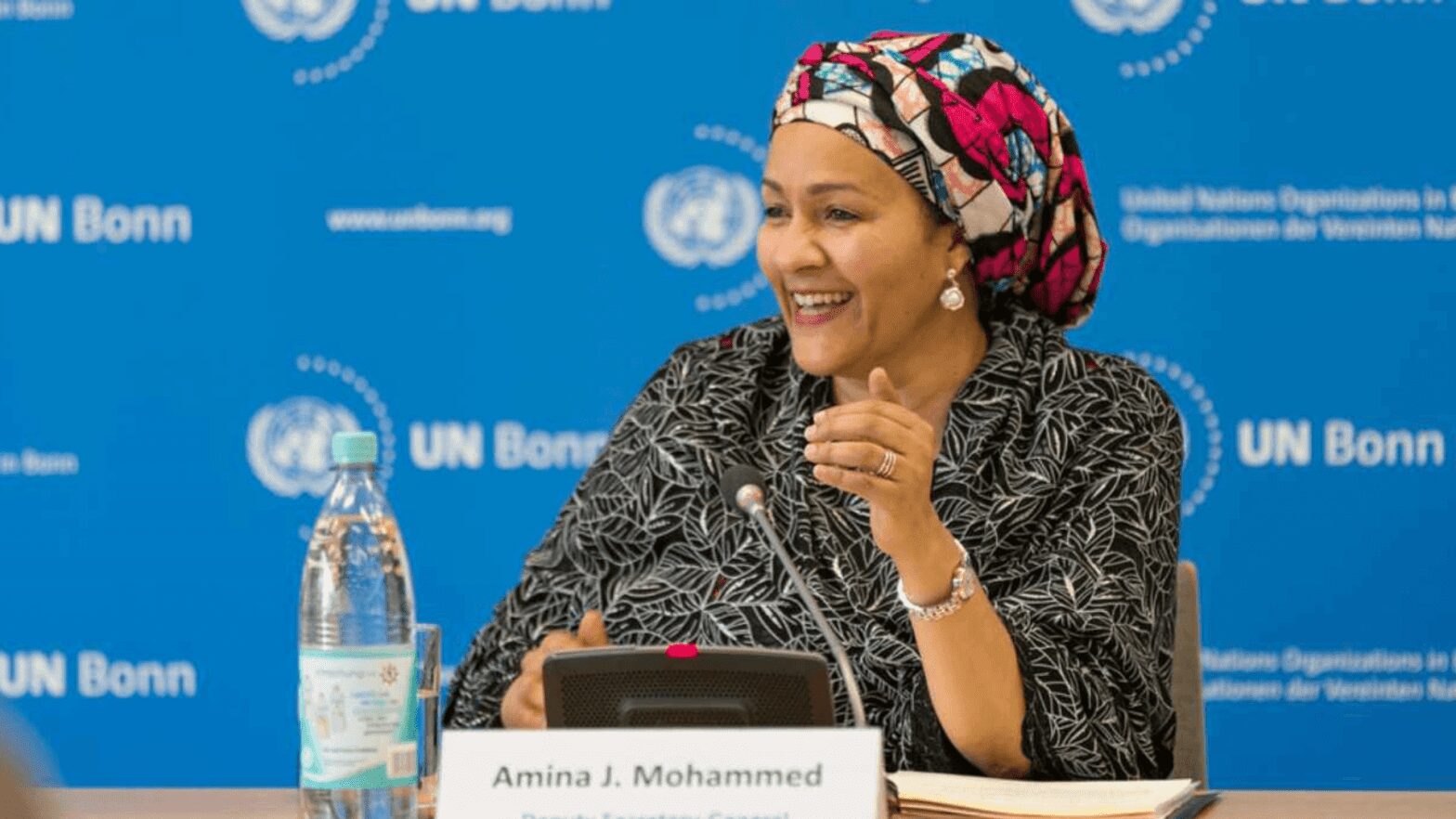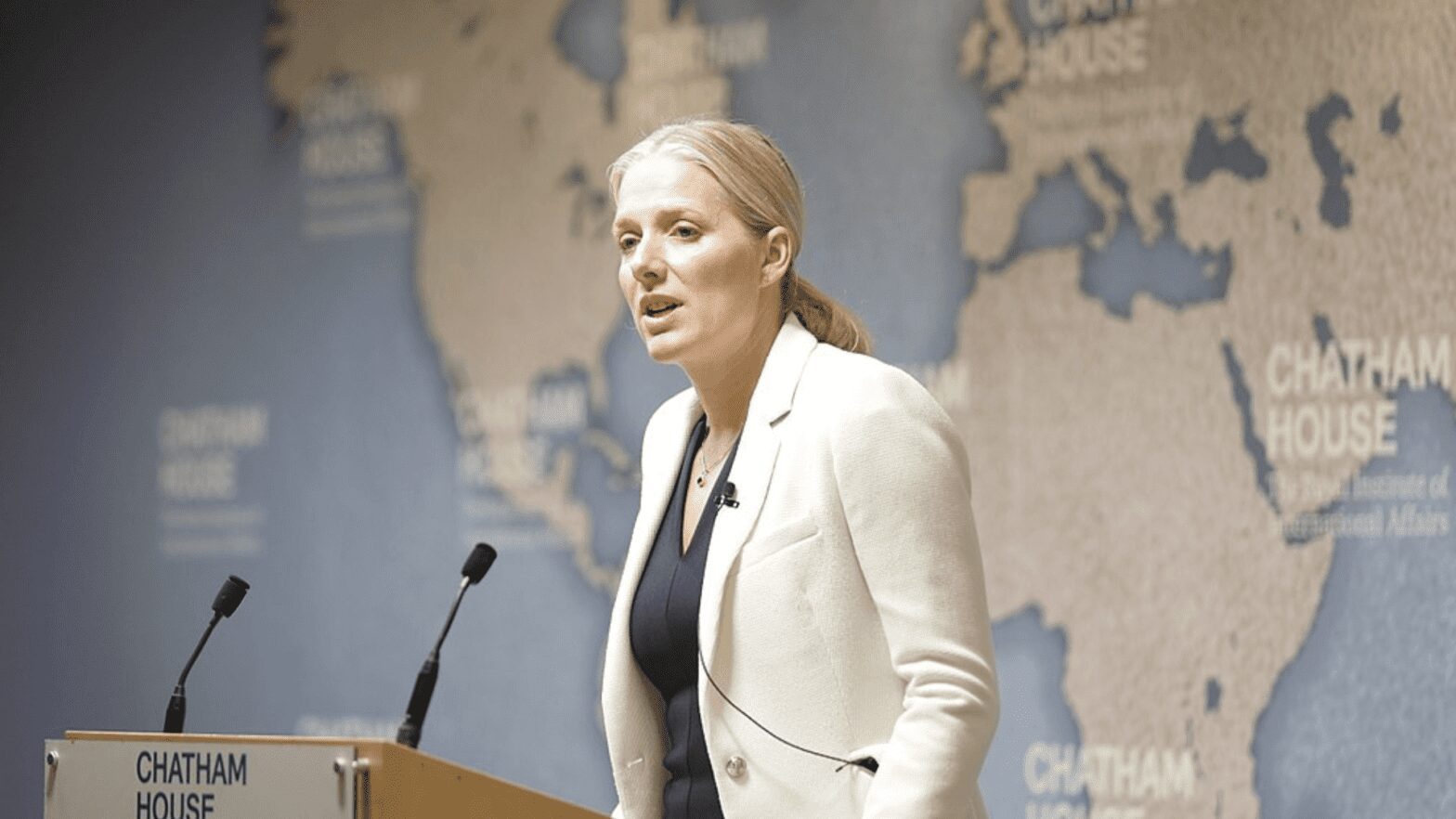The Middle East and North Africa region known as MENA, encompasses countries such as Saudi Arabia, Algeria, Egypt, United Arab Emirates, Iran, Iraq, Morocco, Israel, Lebanon, Tunisia, among others. This region faces significant challenges due to climate change, impacting its energy systems that are already struggling to meet the demands of economic growth, energy security and social well-being.
According to analyzes carried out by scientists at the Cyprus Institute, the Max Planck Institute, climate projections indicate that the Middle East and North Africa are subject to extreme weather events. This research reveals that the region is at risk of experiencing extreme heat waves, with temperatures equal to or greater than 56ºC, especially in the second half of this century. These episodes of intense heat can become more frequent and last for weeks, posing a threat to the health and well-being of humans and animals, including those that have a higher tolerance for hot conditions, such as camels.
According to the International Energy Agency (IEA) International Energy Agency) over the last few decades, the region has experienced an increase in temperatures well above the global average, with an increase of 0.46°C per decade between 1980 and 2022, compared to the world average of 0.18°C. Kuwait recorded a temperature of 53.2°C, while Oman, the United Arab Emirates and Saudi Arabia recorded more than 50°C. Furthermore, rainfall patterns have also varied dramatically, resulting in water scarcity in some MENA countries. While Morocco and Tunisia have recently faced droughts, the United Arab Emirates, Iran, Saudi Arabia, Qatar, Oman and Yemen suffered from intense flooding in 2022. In 2021, a tropical cyclone left at least nine dead and hundreds of thousands of people homeless in Oman.
According to researchers' estimates, approximately 600 million people, equivalent to half the population of the Middle East and North Africa, would face the consequences of these extreme weather conditions annually. This constant exposure to intense heat events would have significant impacts on human health, biodiversity and agriculture in the region. Furthermore, there is the potential to exacerbate existing conflicts and increase migration flows as people seek refuge in areas less affected by adverse weather conditions. This situation represents a multifaceted challenge and underscores the importance of urgent action to mitigate the effects of climate change and protect vulnerable communities.
These weather events have direct impacts on people, the economy and energy systems. In the case of Morocco, for example, rising temperatures have increased the demand for electricity for cooling, overloading an already strained energy system. To cope with increased peak demand, the country had to import electricity from Spain at record levels in May 2022.
While the region is expanding renewable energy generation to meet growing demand and emission reduction targets, energy systems will also need to incorporate greater climate resilience to deal with predicted climate impacts. In this regard, the IEA collaborated with regional partners such as Egypt, Morocco and Oman to carry out the first assessment of climate risk and exposure in the MENA region, using climate models and geographic analyses.
The scarcity of rainfall and the increasing frequency of droughts are significant concerns for the energy sector in southern and eastern Mediterranean countries. Precipitation in this region has decreased by about 8.3% per decade between 1980 and 2022, and this trend is expected to continue.
The consequences of these climate changes pose significant challenges to energy systems in the Middle East and North Africa region. In addition to dealing with the growing demand for energy and efforts to reduce emissions, it will be necessary to adopt measures that increase the climate resilience of energy systems, points out the IEA. These measures may include investments in more efficient and cleaner technologies, diversification of the energy matrix, promotion of the responsible use of water and adoption of strategies to adapt to climate impacts.
It is crucial that MENA countries work collaboratively, both regionally and internationally, to address these challenges. The development of joint policies and strategies, the sharing of knowledge and best practices, as well as cooperation on sustainable energy projects, will be key to ensuring energy security, promoting economic growth and protecting the environment in the region.
Climate change not only affects the climate, it also has profound implications for energy systems. Therefore, it is imperative that urgent and comprehensive measures are taken to mitigate impacts and build more resilient energy systems capable of meeting present and future challenges in the MENA region.
















